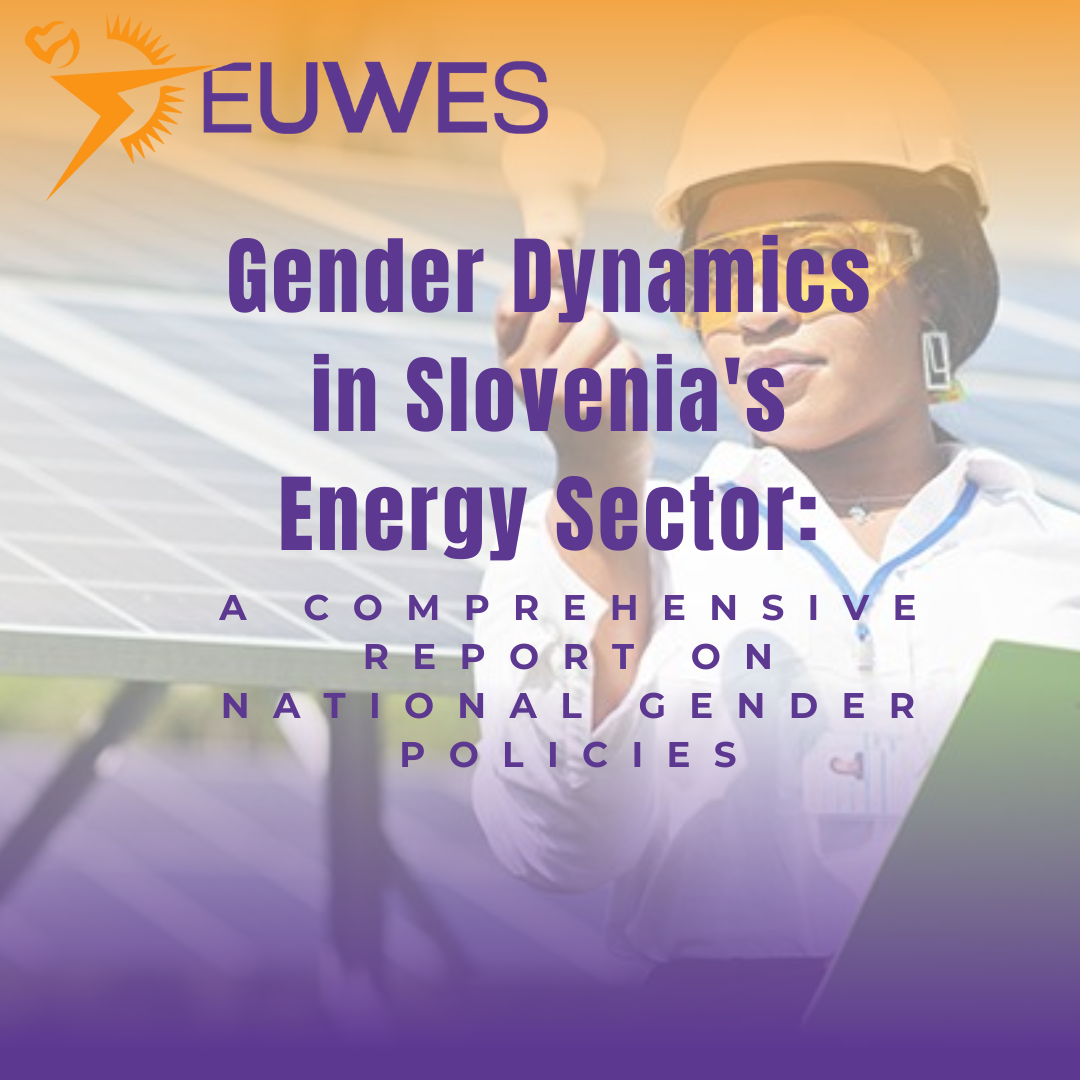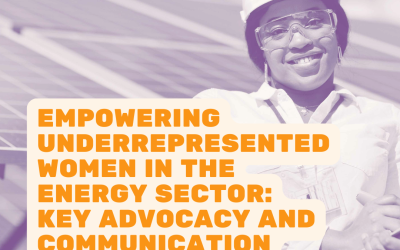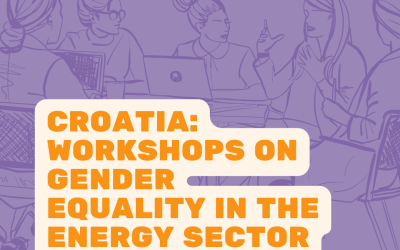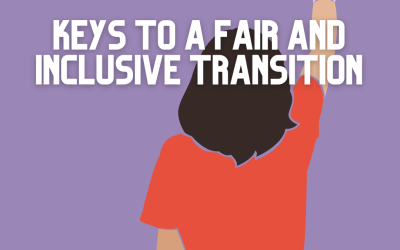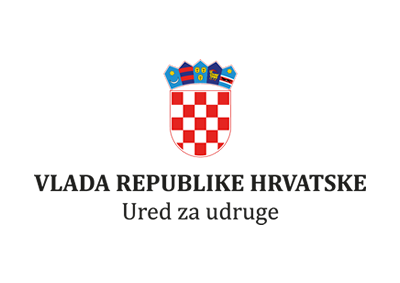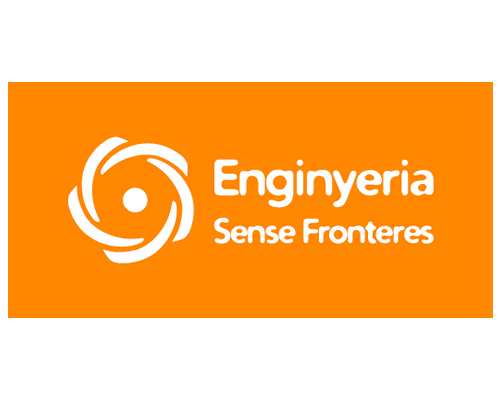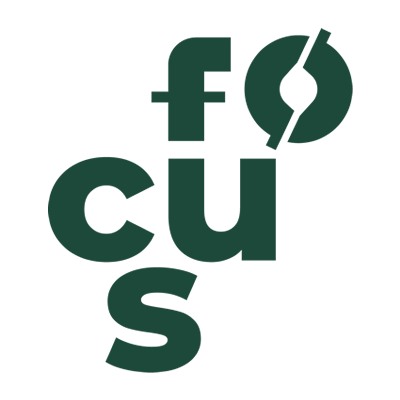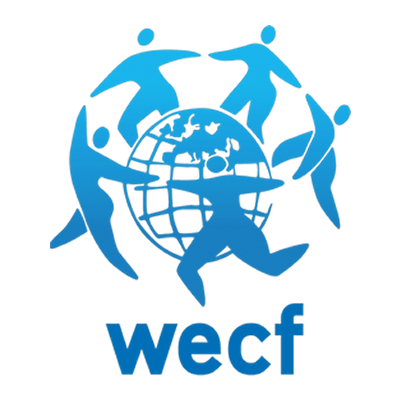The energy sector is one of the sectors in which women are the most underrepresented, and Slovenia is no exception.
Historically, the energy industry, which plays a crucial role in determining the country’s environmental and economic future, has been dominated by men. Analysis of the Slovenian energy policies, highlights the urgent need for incorporating gender perspectives into this field, advocating for the practice known as gender mainstreaming to ensure both men and women have equal opportunities and representation.
Despite the fact that female graduates in Slovenia outnumber their male counterparts, a stark contrast exists within STEM (Science, Technology, Engineering, and Mathematics) fields and, by extension, the energy sector. Data from 2023 indicate that while women make up 61.1% of all graduates, they represent a mere 32.4% in STEM disciplines. This disparity extends into the workforce, especially pronounced in the energy sector, where for every 1.5 women, there are 7 men. At the managerial level, the gap widens, with senior female managers in energy companies accounting for only 20% of the leadership.
Analysis underscores the lack of gender-sensitive policies within Slovenia’s energy sector. Despite various gender equality policies and measures—such as the Equal Opportunities for Women and Men Act and resolutions on equal opportunities—there’s a notable absence of gender considerations in key energy policy documents. From the Energy Law to the National Climate and Energy Plan, and even in the measures to combat energy poverty, gender aspects are glaringly omitted.
This omission is not just a policy oversight but a missed opportunity for fostering a more inclusive and efficient energy sector. Gender mainstreaming, the practice of evaluating and addressing the differing impacts of policies and programs on various genders, is crucial for creating equitable and effective outcomes. It involves acknowledging and dismantling the gender biases, norms, and stereotypes that exist within pre-established structures and workplaces.
The scarcity of gender-disaggregated data and gender-focused research in the energy domain further complicates efforts to address these disparities. This gap in knowledge hinders the ability to fully understand and thus rectify the unique challenges women face in this sector, from underrepresentation in decision-making roles to encountering gender-based discrimination.
Interviews with key stakeholders, including representatives from the Department of Equal Opportunities, advisors, and industry professionals, echoed the findings of the research: there’s a significant lack of awareness and information regarding the intersection of gender and energy. This lack of focus on gender issues within energy policies suggests a broader systemic issue that extends beyond national borders.
The path forward, as highlighted by the analysis, requires a concerted effort to integrate gender considerations into Slovenia’s energy policies actively. This involves not just recognizing the existing disparities but taking deliberate steps to address them through gender-sensitive policy-making and program development. Engaging women in the energy sector, not merely as participants but as leaders, can unlock new perspectives, innovations, and solutions critical for tackling the complex challenges of sustainable energy development.
As Slovenia moves toward a more sustainable future, the inclusion of women in the energy sector is not just a matter of equality but a prerequisite for achieving comprehensive and sustainable energy solutions. The findings of the EUWES project serve as a call to action: to pave the way for a more inclusive, efficient, and sustainable energy future, we must first bridge the gender gap in the energy sector.
